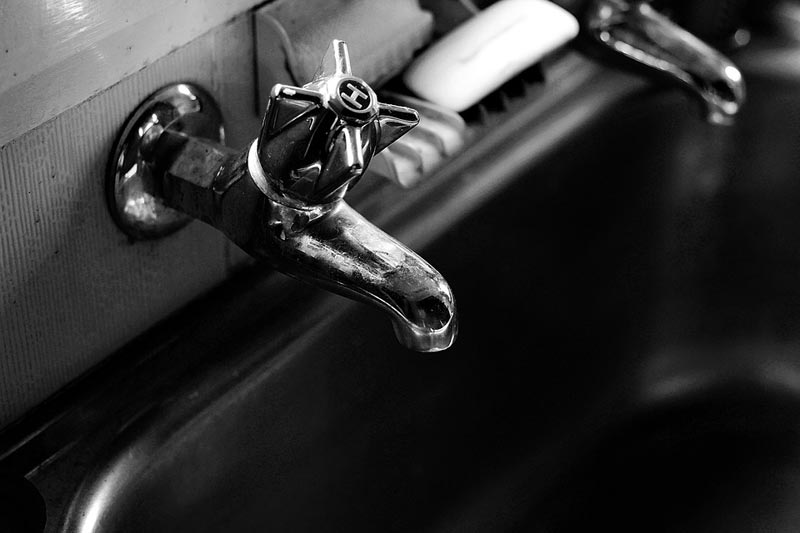Whether your goal is cost savings, greater efficiency, or a smaller carbon footprint, you have options when it comes to a hot water heater. You can enjoy hot water by using far less energy. Less energy used adds to cost savings. Let us discuss your hot water options!
A standard electric water heater accounts for about 15% of a typical utility bill. Take a look at your current water heater. There may be some simple changes you can make to cut energy usage.
- On/off timers will shut down your water heater during slack demand times.
- Thermostats set down to 120 degrees avoid unneeded heating.
- Heat traps reduce stand-by energy loss by keeping cooler water in the pipes from returning to the holding tank.
- Hot water insulation jackets can cut energy usage by up to 45% with a payback of about half a year.
Energy efficient water heaters, and appliances in general, are always a good choice if you’re considering an upgrade. Keep an eye out for these 2 acronyms:
EF-This stands for energy factor. The higher the EF, the better.
FHR-First Hour Rating, or FHR, measures the amount of available hot water during peak hours. Like EF, the higher the number, the better.
Some other points to note if considering an upgrade:
- Combination systems connect your water heater to your boiler or heat pump to multi-task expended energy.
- Heat pump water heaters save on electricity by working like a refrigerator in reverse, pulling heat from outside air.
- Electric resistance water heaters are more efficient than fossil-fuel models and require no venting.
- Tankless water heaters eliminate the need for constantly reheating a holding tank.
When it comes to water heaters, you certainly have hot water options. If you have further questions about how The Bosworth Company can help with your hot water needs, please contact us. Our team of professionals would be happy to show you the difference we provide!


